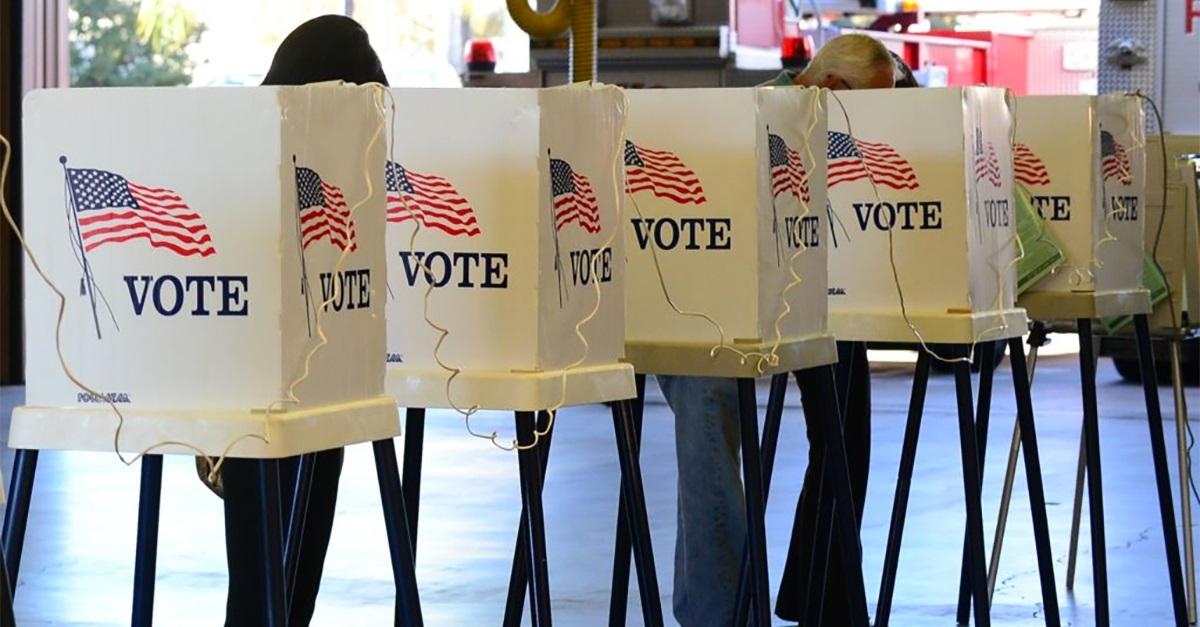
Political party caucuses in Colorado are basically neighborhood meetings where people from the same party get together and start a selection process that culminates with placing candidates’ names on the primary ballot -- the big race this year is for governor.
The caucuses start at 7 p.m. Tuesday, and the primaries are in June. To caucus, you had to have registered with one of the parties in early January, and you have to have been a resident of the precinct where you will caucus since Feb. 5.
What makes next Tuesday's caucuses so important is the fact that they draw the party faithful who are deeply interested in this race. Historically, these voters pick candidates on the far end of their parties -- more liberal Democrats, more conservative Republicans.
The caucuses give us the first look at what those insiders think. Unaffiliated voters can’t take part in caucuses, but they can vote in the primaries -- an important fact given that they make up the state's biggest group of voters.
The caucuses aren’t the only way candidates for governor and other statewide offices can make the ballot. They can petition, as well. That means collecting 10,500 signatures statewide, equally spread among the congressional districts. The political pros say that can cost a candidate up to a quarter-million dollars.And some candidates opt to go both routes -- caucus and petition simultaneously.
Who are the front runners? We talked to a half-dozen analysts and activists from each party over the last few weeks and they’re pretty clear about who’s ahead -- even though, of course, upsets do happen.
On the Democratic side, the front runner right now is U.S. Rep. Jared Polis of Boulder. He has a huge money advantage -- Polis made a fortune as an internet entrepreneur. He’s also been working this race hard for quite awhile. And he’s popular with the liberal wing of the party, voters fired up because they’re very angry with President Trump.
The downside? That "liberal" thing. Polis supports universal health care, wants to raise taxes for education and wants the state to use 100 percent renewable energy by 2040. Some Democrats worry those positions are too far left for a purple state.
Who else on the Democratic side? State Sen. Mike Johnston is coming up fast, the first candidate to submit petitions to qualify for the primary. Other prominent candidates are Lt. Gov. Donna Lynne and former State Treasurer Cary Kennedy. And there's businessman Noel Ginsburg, who's getting some attention.
Among Republicans, State Treasurer Walker Stapleton seems to be clearly ahead. He's submitted his petitions to the Secretary of State for validation. He's viewed as electable, and well-liked by the party establishment and he's already gotten a big, lucky break: Last fall, former congressman Tom Tancredo got into the race; a firebrand, he made his reputation as a hardliner on immigration and he’s a favorite among conservatives. Tancredo did some math, figured out he couldn’t raise the money to win the election in November, and quit the race.
Other candidates still in it on the Republican side include State Attorney General Cynthia Coffman. She got in the race late, has raised only $85,000 at the last report, and there’s skepticism about her campaign organization. She’s relying entirely on the caucus process and the state assembly, where she needs 30 percent to make the ballot. Other Republicans to watch include Doug Robinson, a businessman, and Victor Mitchell, an entrepreneur who served a term in the legislature from Douglas County.









